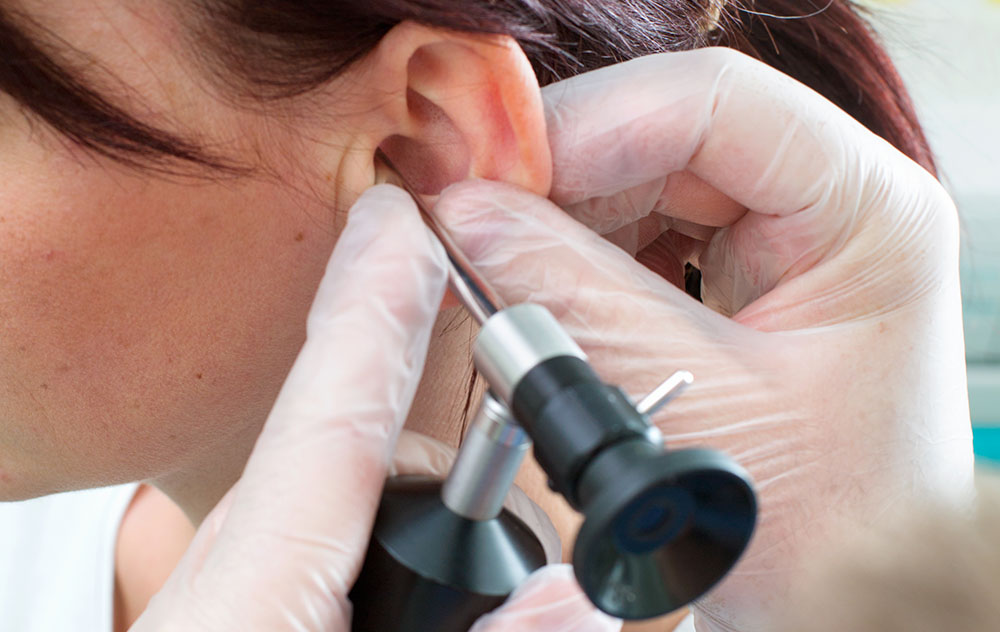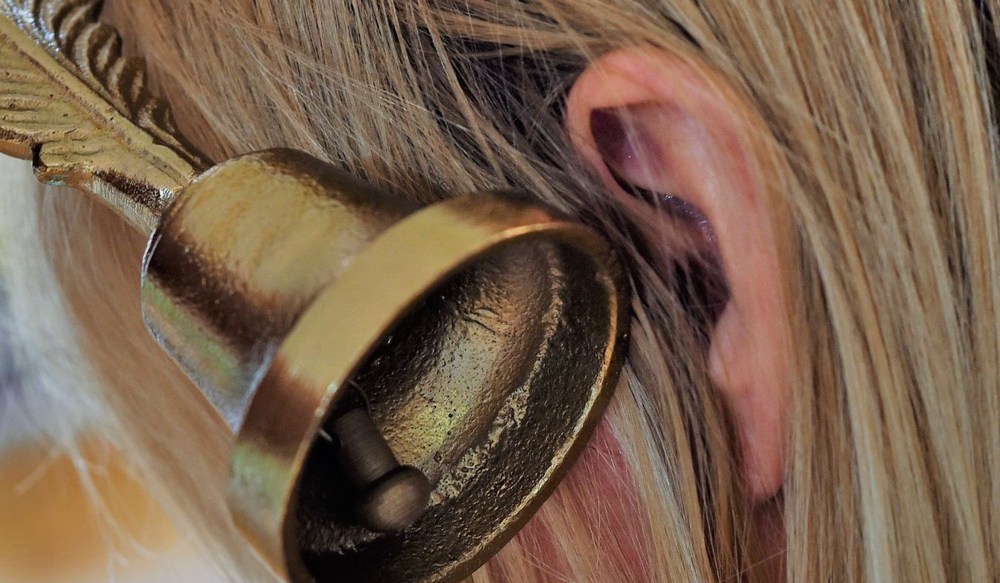What are Behind-the-Ear Hearing Aids?
When you’re experiencing hearing loss, one of the first things you


When you’re experiencing hearing loss, one of the first things you

Did you know that tinnitus affects million Americans? While there are

Hearing protection is something everyone should think about if